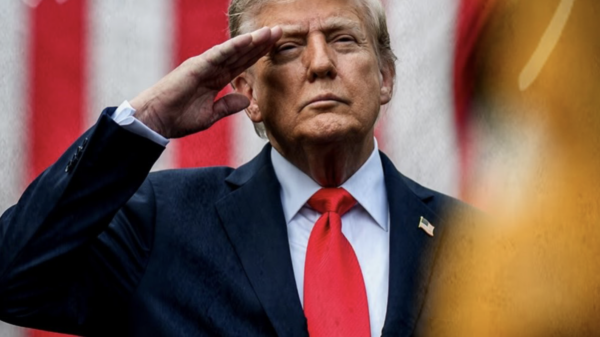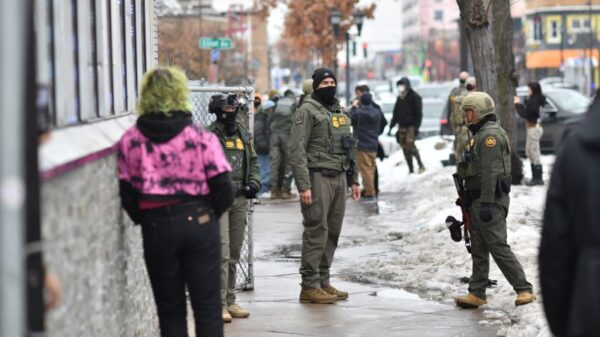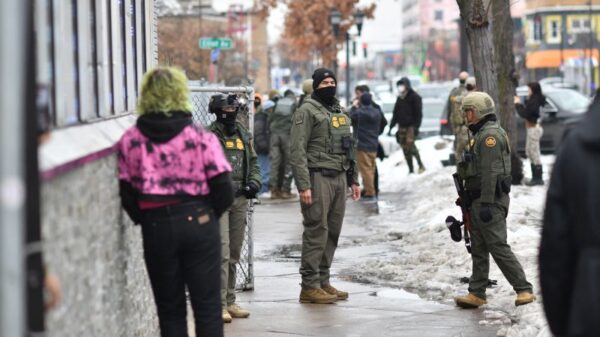URGENT UPDATE: The FBI has analyzed the phone records of over a half dozen Republican lawmakers as part of the ongoing investigation into former President Trump’s efforts to overturn the 2020 election results. This revelation, disclosed by GOP senators on September 27, 2023, raises significant questions about the extent of the investigation linked to the January 6 Capitol riot and its aftermath.
The analysis, conducted earlier this year, focused on basic call data—dates and times—during the crucial days surrounding the January 6, 2021, events when pro-Trump rioters stormed the Capitol. Notably, the inquiry scrutinized records from key lawmakers including Senators Lindsey Graham (South Carolina), Josh Hawley (Missouri), Ron Johnson (Wisconsin), and Marsha Blackburn (Tennessee), among others. Rep. Mike Kelly (Pennsylvania) was also included in the analysis.
WHY THIS MATTERS NOW: This investigation adds new layers to the already complex narrative surrounding Trump’s actions leading up to the Capitol riot. The scrutiny of these lawmakers’ communications is a pivotal development that could shed light on potential collusion or coordination to disrupt the certification of President Joe Biden’s election victory.
According to sources, the phone records were reviewed as part of a grand jury’s authorization, yet details regarding how these specific lawmakers were identified remain undisclosed. Chuck Grassley, who chairs the Senate Judiciary Committee, criticized the FBI’s actions as a “violation of personal property and people’s rights,” emphasizing the serious implications of governmental overreach.
The investigation is linked to the broader probe led by former Special Counsel Jack Smith, who previously indicted Trump in August 2023 for conspiracy to overturn election results. However, the case was ultimately dropped following Trump’s re-election bid, based on a legal opinion stating that sitting presidents cannot face federal prosecution.
As the fallout continues, Grassley indicated that the investigation could lead to consequences for those within the FBI, stating that “if heads don’t roll in this town, nothing changes.” Senate Majority Leader John Thune expressed “grave concerns” over the matter, calling for Senate committees to investigate what he characterized as an “outrageous abuse of power.”
This latest disclosure is a significant step in understanding the communications between Trump and lawmakers on the evening of January 6, when attempts were made to persuade congressional Republicans to block the certification process. The implications of these findings could resonate throughout the political landscape, affecting both the GOP and the broader narrative surrounding accountability for the Capitol riot.
As developments unfold, it remains critical for citizens to stay informed about ongoing investigations and their potential implications on democracy and governance. The situation is rapidly evolving, and updates are expected as Senate committees prepare to delve deeper into these alarming allegations.
Keep an eye on this story for further updates and insights into the ramifications of the FBI’s actions regarding these lawmakers.





































































